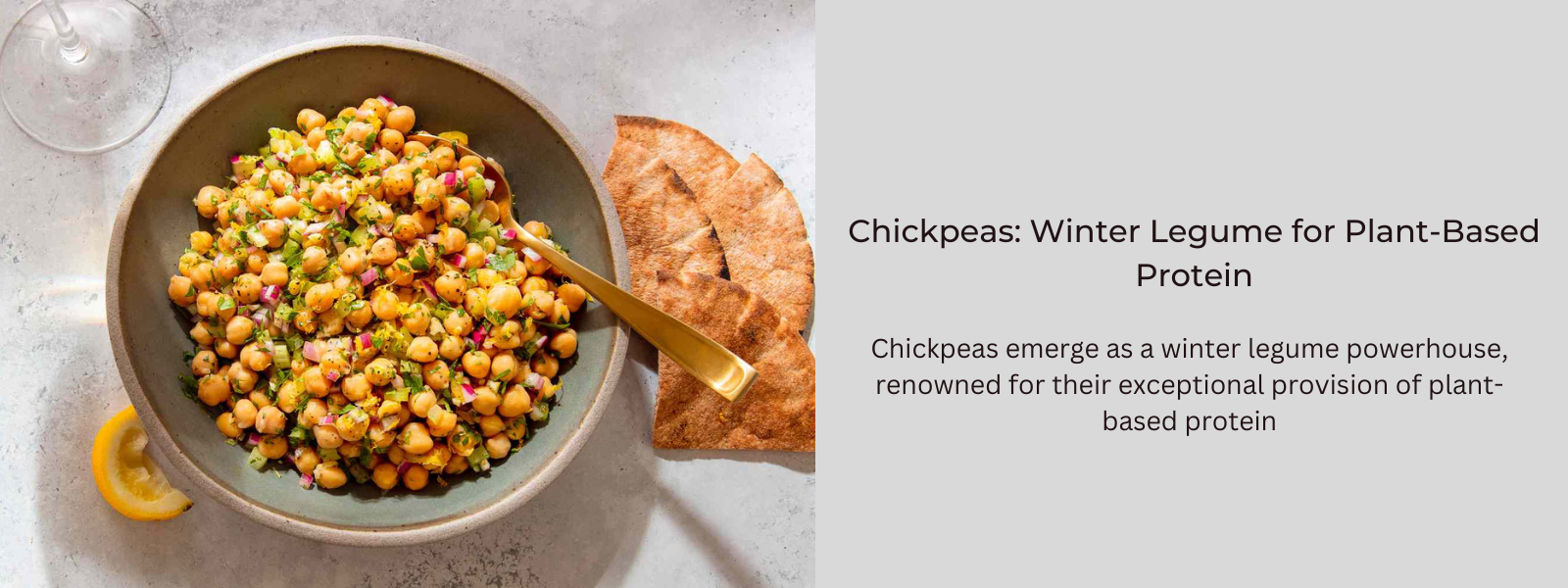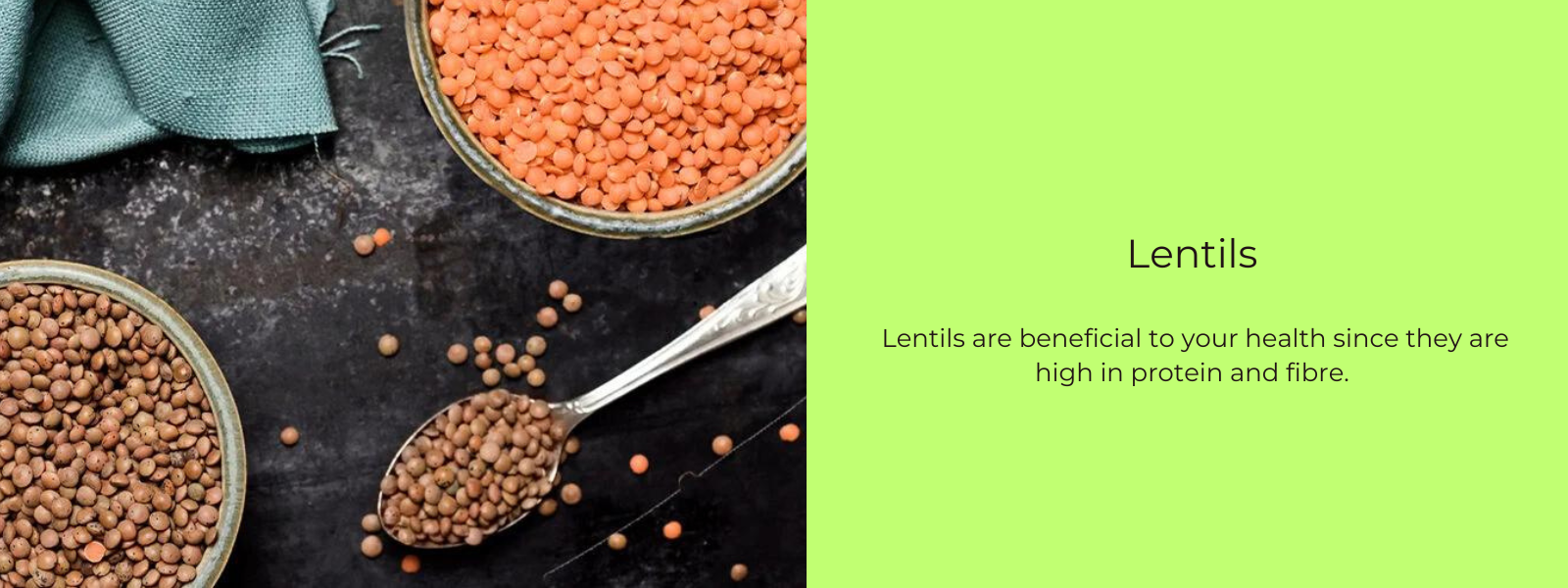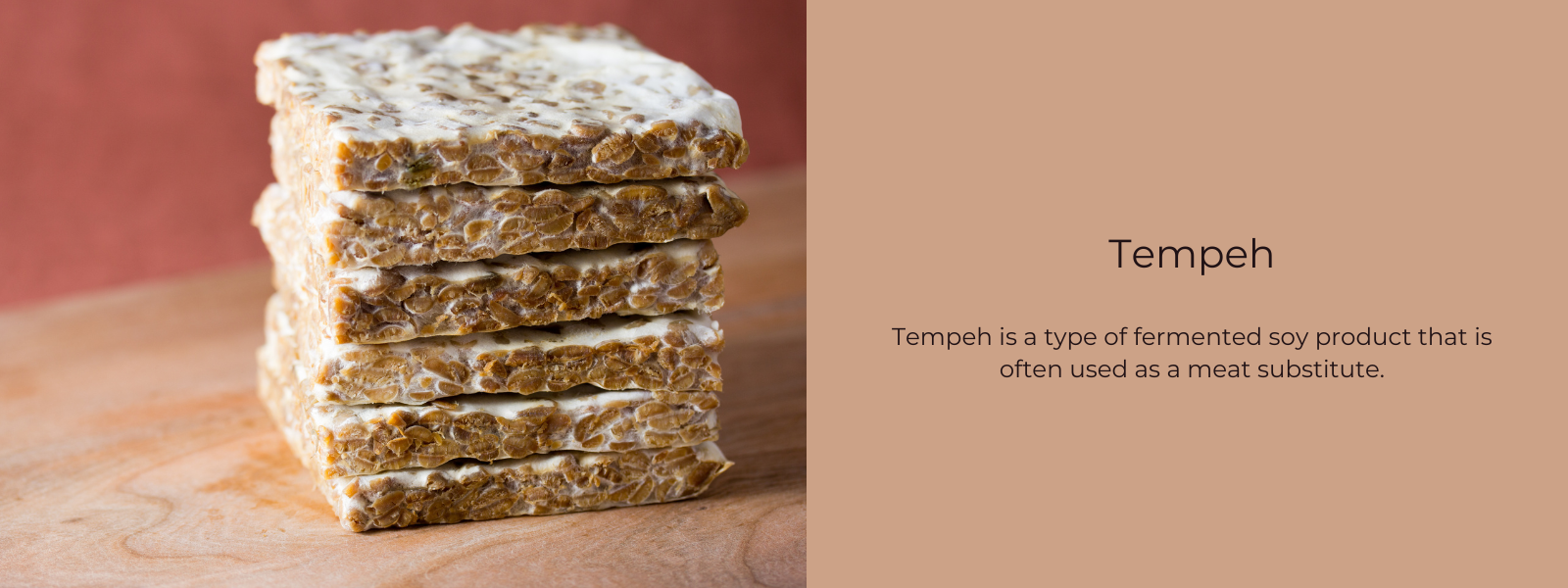Protein-rich foods are crucial for facilitating optimal muscle recovery post-exercise due to their fundamental role in the repair and rebuilding of muscle tissue. These foods supply essential amino acids necessary for the synthesis of proteins involved in muscle repair and growth. Following intense physical activity, protein intake stimulates muscle protein synthesis, initiating the crucial process of rebuilding and reinforcing muscle fibers. These amino acids aid in reducing muscle protein breakdown, preserving and enhancing muscle mass. Furthermore, protein-rich foods consumed after workouts, particularly within the post-exercise window, support the body's heightened responsiveness to protein intake, promoting efficient muscle repair and adaptation. Incorporating these foods into the diet not only aids in reducing muscle soreness but also contributes to the overall recovery process, fostering improved muscle strength, performance, and adaptation to exercise stimuli.
Table of Contents
What Do You Mean By Muscle Recovery?
Muscle recovery refers to the process by which muscles repair and adapt after being subjected to physical stress or exercise-induced damage. During workouts, especially intense or resistance exercises, muscle fibers experience micro-tears and metabolic stress. Muscle recovery encompasses the repair of these micro-tears and the adaptation of muscle tissue, leading to increased muscle mass, strength, and endurance.
Importance Of Muscle Recovery:
Muscle recovery stands as a cornerstone in the journey towards improved fitness and performance. Its significance lies in the body's ability to repair, rebuild, and adapt after physical exertion or exercise-induced stress. This essential process not only repairs the microscopic damage incurred during workouts but also primes muscles for growth and strength development. Adequate recovery time ensures the reduction of muscle soreness, mitigates the risk of overuse injuries, and fosters an environment for muscles to adapt positively to training stimuli. Optimal recovery periods enhance overall athletic performance, improving power, endurance, and speed during subsequent workouts or athletic endeavors. Moreover, proper recovery contributes to hormonal balance, supports immune function, and sustains the body's resilience, ultimately fostering long-term health and fitness gains while preventing burnout or setbacks associated with inadequate rest.
Importance Of Protein-Rich Foods for Optimal Muscle Recovery:
Protein-rich foods play a vital role in promoting optimal muscle recovery after exercise due to several key reasons:
- Muscle Repair and Growth: Proteins are composed of amino acids, which are the building blocks of muscles. After strenuous exercise, muscle fibers undergo microscopic damage. Protein consumption post-exercise stimulates muscle protein synthesis (MPS), the process responsible for repairing and rebuilding these damaged muscle fibers. This repair process is crucial for muscle recovery and growth.
- Amino Acid Content: Protein-rich foods contain various essential amino acids that the body cannot produce on its own. These essential amino acids play a pivotal role in muscle repair and growth by providing the necessary raw materials needed for the body to rebuild muscle tissue.
- Reducing Muscle Protein Breakdown: Protein intake, especially after resistance training, helps reduce the breakdown of muscle proteins that occur during exercise. This minimizes muscle protein degradation and supports the retention of muscle mass.
- Optimal Timing: Consuming protein-rich foods after workouts, particularly within the first few hours post-exercise, maximizes muscle recovery. This timing aligns with the heightened sensitivity of muscle cells to protein intake, enhancing the body's ability to utilize amino acids for muscle repair and growth.
- Supporting Immune Function: Intense exercise can temporarily suppress the immune system. Protein-rich foods contain nutrients that support immune function, aiding in recovery and reducing the risk of illness or infections that might hinder training progress.
- Replenishing Muscle Glycogen: Some protein-rich foods, when combined with carbohydrates, aid in glycogen replenishment in muscles. Carbohydrates restore muscle glycogen stores depleted during exercise, assisting in overall recovery.
- Reducing Inflammation: Certain protein sources, especially those rich in omega-3 fatty acids found in fish or nuts, possess anti-inflammatory properties. This can aid in reducing exercise-induced inflammation, contributing to faster recovery.
Animal-Based Protein Sources:
- Chicken Breast: A lean protein source, high in amino acids necessary for muscle repair and growth.
- Turkey: Another lean meat option rich in protein, aiding in muscle recovery after exercise.
- Salmon: Provides quality protein and omega-3 fatty acids, which reduce inflammation and support muscle repair.
- Tuna: High in protein and omega-3s, promoting muscle recovery and reducing exercise-induced inflammation.
- Eggs: Contain all essential amino acids, aiding in muscle recovery, and offering nutrients like choline important for muscle function.
- Greek Yogurt: Higher in protein than regular yogurt, it provides amino acids crucial for muscle repair and growth.
- Milk (including low-fat versions): Contains whey and casein proteins, aiding in muscle recovery after workouts.
- Cottage Cheese: Rich in casein protein, it digests slowly, providing a sustained release of amino acids for muscle repair.
- Lean Beef: Provides high-quality protein, iron, zinc, and B vitamins essential for muscle recovery.
- Whey Protein: A supplement derived from milk, known for its rapid absorption and effectiveness in supporting muscle recovery after exercise.
Plant-Based Protein Sources:
- Quinoa: A complete plant-based protein source with all essential amino acids, aiding in muscle repair and growth.
- Tofu: A soy-based protein that provides all essential amino acids, beneficial for muscle recovery in vegetarian and vegan diets.
- Tempeh: Made from fermented soybeans, it offers protein and nutrients, supporting muscle recovery.
- Lentils: High in protein and fiber, aiding in muscle recovery and overall health.
- Chickpeas: Rich in protein and fiber, beneficial for muscle recovery and glycogen replenishment.
- Black Beans: Protein-rich legumes that provide essential amino acids and support muscle recovery.
- Edamame: Young soybeans packed with protein and other nutrients, aiding in muscle repair.
- Nuts and Seeds (Almonds, Chia Seeds, Hemp Seeds): Offer protein, healthy fats, and other nutrients, supporting overall health and muscle recovery.
- Pumpkin Seeds: High in protein and magnesium, beneficial for muscle recovery and reducing exercise-induced inflammation.
- Spirulina: A blue-green algae rich in protein and antioxidants, aiding in muscle recovery and reducing oxidative stress.
Best Ways To Have Protein-Rich Foods for Optimal Muscle Recovery:
Here are some of the best ways to consume protein-rich foods for muscle recovery:
- Post-Workout Meal or Snack: Consume a protein-rich meal or snack within the first few hours after exercise. This timing aligns with the body's increased sensitivity to protein intake, maximizing muscle protein synthesis and aiding in muscle recovery. Foods like lean meats, fish, eggs, Greek yogurt, or protein shakes can be ideal choices.
- Balanced Protein Intake Throughout the Day: Spread your protein intake evenly across meals and snacks throughout the day. This ensures a consistent supply of amino acids, supporting muscle repair and growth continuously.
- Pair Protein with Carbohydrates: Combining protein with carbohydrates after workouts can aid in muscle glycogen replenishment and overall recovery. Examples include chicken with rice, Greek yogurt with fruits, or a protein smoothie with added carbohydrates.
- Pre-Bedtime Protein: Consuming a protein-rich snack before bedtime, such as cottage cheese, casein protein, or Greek yogurt, can provide a slow-release protein source, aiding in overnight muscle recovery.
- Variety of Protein Sources: Incorporate a variety of protein sources into your meals to ensure a diverse amino acid profile. Mix animal-based proteins like lean meats, poultry, and fish with plant-based sources such as legumes, tofu, nuts, and seeds.
- Supplementation if Needed: If struggling to meet protein needs through whole foods alone, consider protein supplements like whey protein, casein protein, or plant-based protein powders as a convenient option to increase protein intake.










Leave a comment